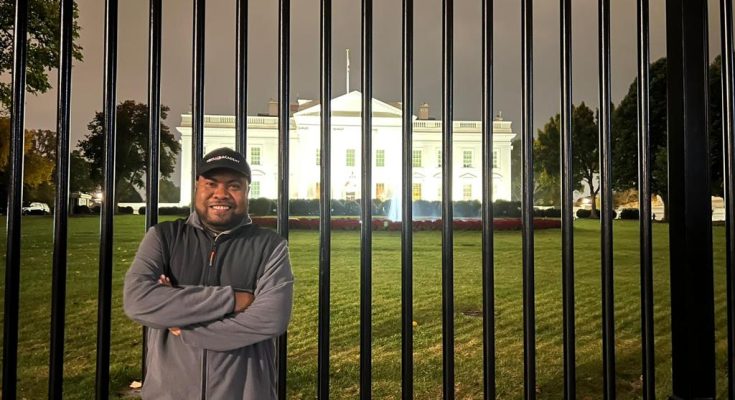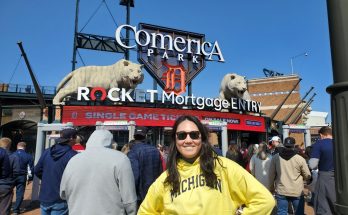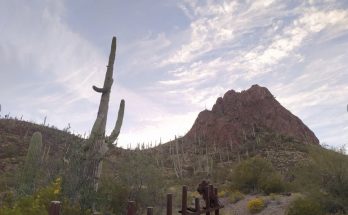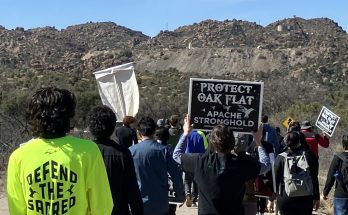Is that in the Caribbean? I haven’t heard of it! These are common responses I get when I mention my country to random people I meet on the street, at the bus stop or at the Cronkite School here in Phoenix. Many people out there have very little knowledge about the small island nation in the South Pacific.
Still, the U.S. and Solomon’s have a historical connection even though so many Americans are not aware of it.
During my childhood, I had been told of this superpower that entered our shores to rescue us from the enemy during World War II. Had it not been for the US, the future of Solomon Islands would be very different.
Perhaps one of the most famous U.S. heroes to the Solomon Islands war narrative was the young Navy Lieutenant John Fitzgerald Kennedy (JFK) who later became president of the U.S. He was rescued by locals along with his service men when a Japanese warship rammed his torpedo boat into half in the Western Solomon’s. Of course, he remains to this day the most renowned U.S. President that Solomon Islanders had known and related to in quite a personal way.
The American servicemen became very popular and loved by many Solomon Islanders because of their easy-going and friendly attitude which contrasted sharply with the more subservient attitude demanded by the British colonial administrators. As you probably do not know, Solomon Islands have been a British protectorate since 1893, until we obtained our political independence in 1978, joined the Commonwealth of Nations and Queen Elizabeth II became our Head of State.
The Pro-American mentality among the Solomon Islanders has lasted to this very day, even amongst the generations that have been born many years after World War II. The legacy of the U.S. is entwined in our history and has aligned many to view the U.S. with awe, power and respect.
However, with the shifting geopolitical landscape in the Pacific Region in recent years, our small nation has connected itself with China and it is evident through many new infrastructure projects that are popping up in the capital city of Honiara.
It is my utmost desire to see a much more fruitful and constructive engagement between the U.S. and regional countries moving forward to address the imminent challenges of climate change, develop infrastructure and provide socio-economic assistance. Training and capacity building are key areas where the U.S. continues to provide help.
I am proud to be the first Solomon Islander to be accepted for this prestigious training program to enhance my leadership capabilities in the field of communication. Such an opportunity to study in the U.S. is rare for islanders besides the regular annual intakes offered by Australia, New Zealand and the United Kingdom.
My coming to the U.S. was even published by our local newspapers and social media platforms, though I wanted to keep it low key. After such publicity I am receiving a lot of questions from friends and colleagues back home about opportunities to apply for the program. But others are warning me: “Hey, watch your back, they have too many guns there!”
At Solomon’s we have no guns after a 2003 peace amnesty declared the islands a gun-free society in order to stop ethnic violence. Therefore, I am appalled to see how guns are easily accessible in Phoenix and all over the U.S. One question keeps coming to my mind almost every day: what if someone goes crazy and starts shooting at random people along the street or in school? However, the police proactivity is obvious as their cars are seen on streets with routine patrols on high alert.
This is my first time visiting the U.S. When I read and watch documentary videos on racism here in the U.S., my mind develops stereotypical proposition of racial profiling. I regard myself as coming from a minority race, but from my observations and brief encounters here in the U.S. it seems to me that racism is becoming a thing of the past as people of all colours live and socialise together.
In terms of media, one thing that certainly stands out in the U.S., is the openness to critique leaders or officials. It is a completely opposite situation in the islands as we have a “big man system” where we cannot talk negatively about our leaders even if they are accused of maladministration or corrupt practices. We hold such a high respect towards our elected leaders that if journalists try to cover their misconduct, there are likely repercussions or threats against them from the tribal members of the leader.
Coming from an island way of living, most of the practical things I experience here in Phoenix are new to me. Using the railway system, the fast-food style, the nuclear family set-up and the use of slang by a diverse population. Everything is just so big. Even identifying exact locations is a challenge. I haven’t used Google maps my entire life, but it is now one of my friendly apps to maneuver around the city and beyond. Back home, our towns are stretched along the coast from east to west covering an area of only 11 kilometres, which means you will never get lost as the roads and streets can be remembered after a round trip.
I also had a hard time choosing an apartment to rent. I did book to live on the 8th floor of a 22 story luxury style apartment complex, but then days later decided to cancel. The main reason was that I am not used to living in highrise buildings. The thought of going up and down the elevator just freaks me out. Though the apartment offered a nice pool and a bar with the majestic view of the City of Phoenix, I opted to live in a one-story building a 15 minute walking distance from Cronkite. Besides, apartment rental both at Solomon’s as well as in Phoenix is too expensive, since this is a growing industry due to population increase.
For commuting in short distances I prefer riding a bicycle. A friend gave me his old bike and I now use it when going for groceries or visiting other fellows. It is an eco-friendly way to reduce carbon emission in the city where almost everybody drives the car.
All in all, I have managed to adapt and immerse myself into the new environment with the help of friendly people. For the upcoming winter break I am looking forward to visiting some of my countrymen who have settled here in the US. I want to learn and explore as much as I can during my Humphrey year.




